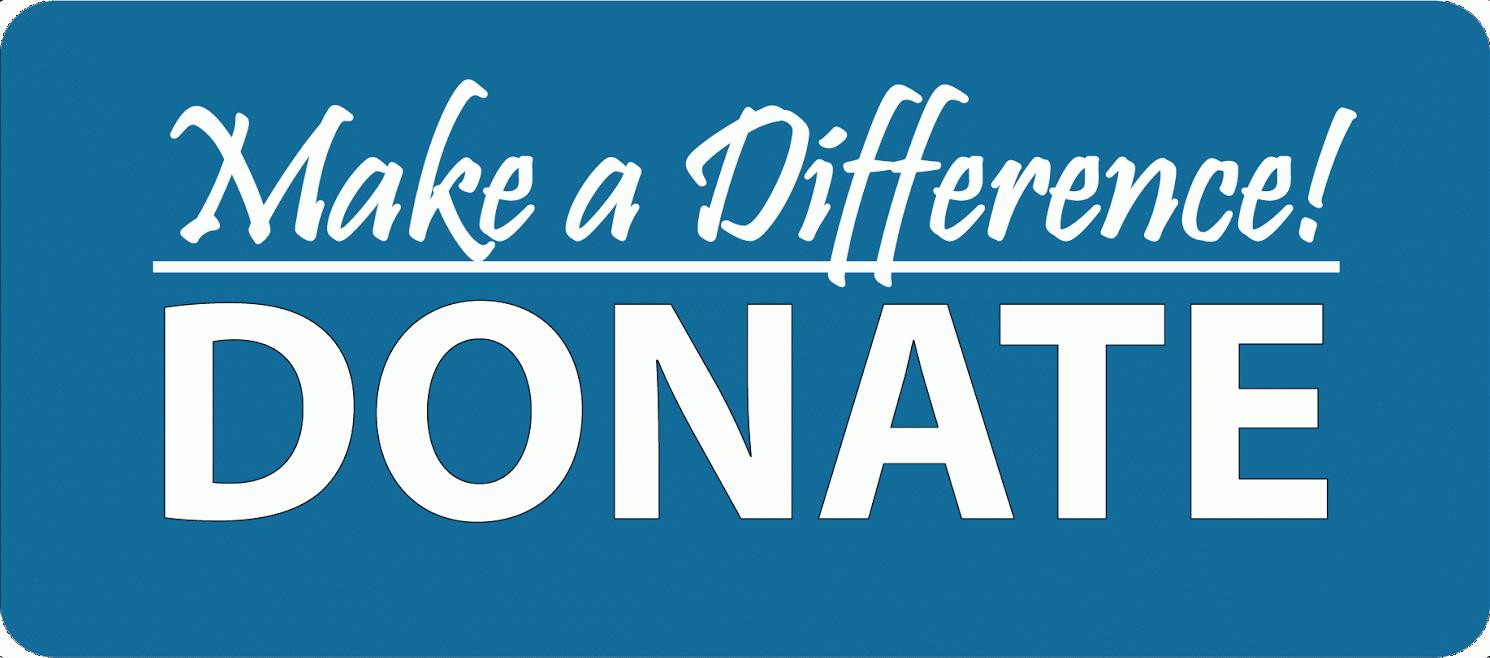Phone: 615-898-5916
Freedom and Virtue Seminar On Public Choice Theory

Freedom and Virtue
- Date: Saturday, April 13, 2019
- Location: MTSU
Undergraduate students are invited to apply to participate in a discussion colloquium on "Freedom and Virtue Seminar on Public Choice Theory” this spring at MTSU.
This colloquium is being made possible by the generous support of the Intercollegiate Studies Institute.
Students will receive an honorarium of $100 for attending and participating in the colloquium.
This event is being hosted by the Political Economy Research Institute (PERI). The PERI, housed jointly in the Jones College of Business and the University Honors College, has a mission to engage undergraduate and graduate students with faculty in research that will further our understanding of business and economic principles, as well as their impact on regional, national, and international financial conditions and the well-being of society.
If you would like to attend this colloquium, please submit your applications to the Program Director Gabriel.Fancher@mtsu.edu as soon as possible. This is a very small, select group of students and space is limited. If you have any questions, please do not hesitate to contact me at any time.
Applications and Contact
Phone: 615-898-5916
Application Material
Please provide your name, major, and GPA, attach a copy of your unofficial transcripts, and include a one-paragraph statement describing your interest in the event and how you think your participation in it will help you achieve your educational and career goals.
Eligibility
Participants must be registered undergraduate students with an Honors Eligible GPA (minimum 3.25 GPA).
Proposed Reading Selections
Session 1: Public Debt
Lerner, Abba (1964). “The Burden of the National Debt.” In, James M. Ferguson’s (Ed.), Public Debt and Future Generations. Chapel Hill, NC: The University of North Carolina Press, pp. 16-19.
Buchanan, James M. (1964). “The Italian Tradition in Fiscal Theory.” In, James M. Ferguson’s (Ed.), Public Debt and Future Generations. Chapel Hill, NC: The University of North Carolina Press,pp. 47-54.
Buchanan, James M. (1964). “Concerning Future Generations.” In, James M. Ferguson’s (Ed.), Public Debt and Future Generations. Chapel Hill, NC: The University of North Carolina Press, pp. 55-66.
Buchanan “Public Debt, Cost Theory, and Fiscal Illusion.” The Logical Foundations of Constitutional Liberty. Indianapolis, IN: Liberty Fund, pp. 150-163.
Marx, Karl (1990). “The Genesis of the Industrial Capitalist.” Capital Volume 1. Penguin Books, pp. 914-926.
Session 2: Methodology
Buchanan, James M. (1999). “What Should Economists Do?” The Logical Foundations of Constitutional Liberty. Indianapolis, IN: Liberty Fund, pp. 28-42.
Coyne, Christopher J. and Peter J. Boettke (2006). “The Role of the Economist in Economic Development,” Quarterly Review of Austrian Economics 19(1): 47-68.
Session 3: Democracy
Wittman, Donald (1989). “Why Democracies Produce Efficient Results,” Journal of Political Economy 97(6): 1395-1424.
Buchanan, James M. (1999). “Politics without Romance” in The Logical Foundations of Constitutional Liberty. Indianapolis, IN: Liberty Fund, pp. 43-59.
Buchanan, James M. (1999). “Rent Seeking and Profit Seeking” in The Logical Foundations of Constitutional Liberty. Indianapolis, IN: Liberty Fund, pp. 103-115.
Caplan, Bryan (2002). “Sociotropes, Systematic Bias, and Political Failure: Reflections on the Survey of Americans and Economists on the Economy,” Social Science Quarterly 83(2): 416-435.
Session 4: Constitutions
Buchanan, James M. (1999). “The Reason of Rules (Part 6)” in The Logical Foundations of Constitutional Liberty. Indianapolis, IN: Liberty Fund, pp. 375-468.
Madison, James (2001). No. 10, & No. 51. The Federalist Papers. Indianapolis, IN: Liberty Fund, pp. 42-49 & 267-272.
Washington, George (1796). “Farewell Address.”






